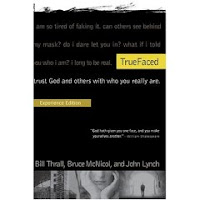 I'm preaching on patience this Sunday, and so have reflected some on God's timing. He seems slow to answer prayers some times. While other times He seems really quick. I mean some of our prayers are very 'time sensitive.'
I'm preaching on patience this Sunday, and so have reflected some on God's timing. He seems slow to answer prayers some times. While other times He seems really quick. I mean some of our prayers are very 'time sensitive.'When God is slow to respond to our prayers, what goes on in your head? Is He on "Hispanic" or "Island Time," where He's just so laid back and never in a hurry? Does He delight in being slow, kind of like people who cross the road purposely walking slow and don't speed up because they know you have to slow down (those folks drive me up a wall-pun intended)?
As we look back over redemptive history (God's ultimate plan of salvation through Christ unfold in time), we see a God who was never in a hurry. He had his own time schedule, even though it didn't match up with what people wanted.
Take for instance the Israelites being enslaved in Egypt. It was like 400 years! And how many of those years were people crying out to God? Probably a number of them. Did He hear them? Of course. But he didn't respond immediately. He did however sustain them, so He did respond.
God not responding to prayers in a timely fashion is one of the top 3 reasons (I'm guessing) not to believe in God, or that he does answer prayer at all. However looking over biblical history, it seems that He does have a plan for everything. And He does "love it when a plan comes together." And we will too, as we see our prayers being included in that plan. Even when we can't see them right away.
















